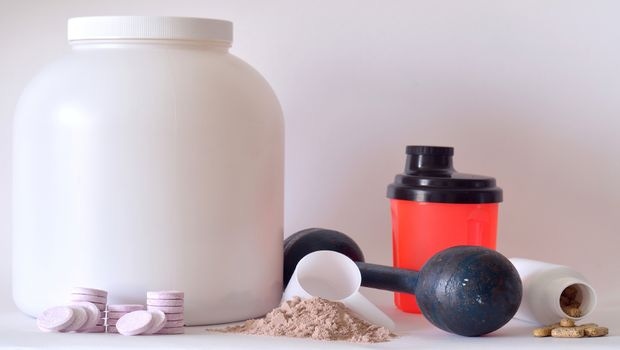The Challenges of Identifying Adulterants in Dietary Supplements
Despite being advertised as “herbs," weight-loss, sexual enhancement and body building products have been laced with drugs for years.

Despite being advertised as “herbs," weight-loss, sexual enhancement and body building products have been laced with drugs for years. The American Botanical Council (ABC) has identified adulteration as the most significant problem in the herbal supplement industry.
The FDA has identified over 500 products that have been represented as dietary supplements, but contain concealed active and potentially harmful ingredients, according to an agency spokesperson. Supplements being spiked with pharmaceutical drugs is part of a broader adulteration problem in the natural products industry that has captured the attention of national media, international sports authorities, the federal government and attorneys general.
In a letter addressed five years ago to dietary supplement manufacturers, then FDA Commissioner Margaret Hamburg, M.D., highlighted health problems that were caused by products containing drugs, drug analogs and other compounds such as synthetic steroids.
“FDA has received numerous reports of serious adverse events associated with consumer use of these tainted products including strokes, acute liver injury, kidney failure, pulmonary embolisms (artery blockage in the lung), and death," Hamburg declared in the letter. “Recognizing our shared interest in addressing this problem, FDA is working with the dietary supplement industry’s trade organizations to remind companies of their legal obligations and their responsibility to prevent tainted products from reaching the U.S. market."
The motivation for spiking sexual enhancement products and other “supplements" with drugs is obvious: provide consumers perks that simply aren’t possible with a natural product. Identifying harmful substances in these products is challenging, though, because the crooks are constantly modifying the structure of the adulterants.
FDA officials have also cited difficulties tracking down marketers who may be operating an Internet-based business from a café in a third-world country. The Justice Department has, however, criminally prosecuted a number of individuals and companies that have marketed drug-laced products. Still, the natural products industry and government continue to play a game of cat and mouse with villains who find new ways to mask drugs in “supplements."
For a closer look how industry is addressing the issue of adulteration, download the complete article from INSIDER’s Content Library.
About the Author(s)
You May Also Like






.png?width=800&auto=webp&quality=80&disable=upscale)